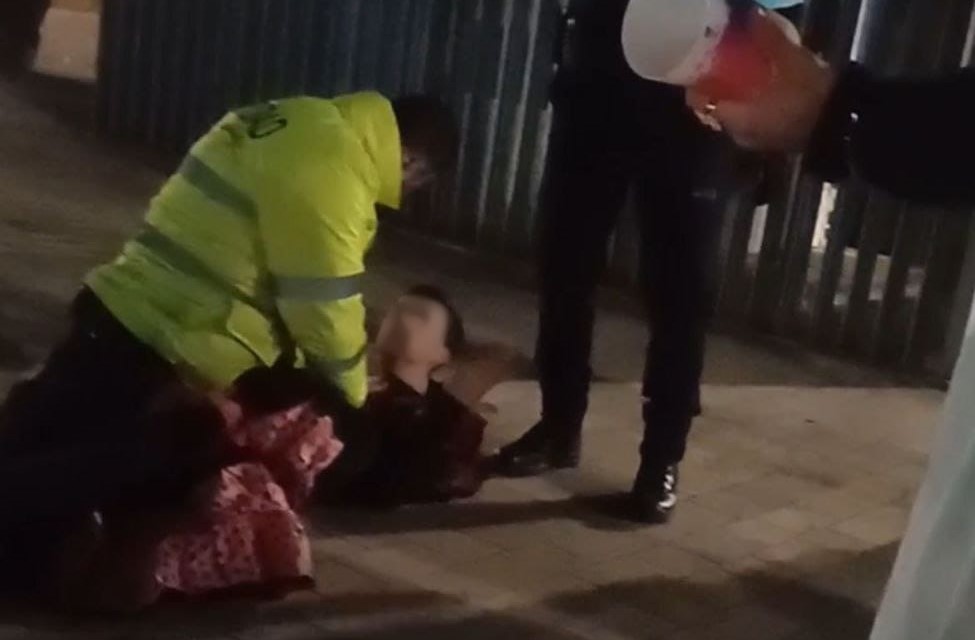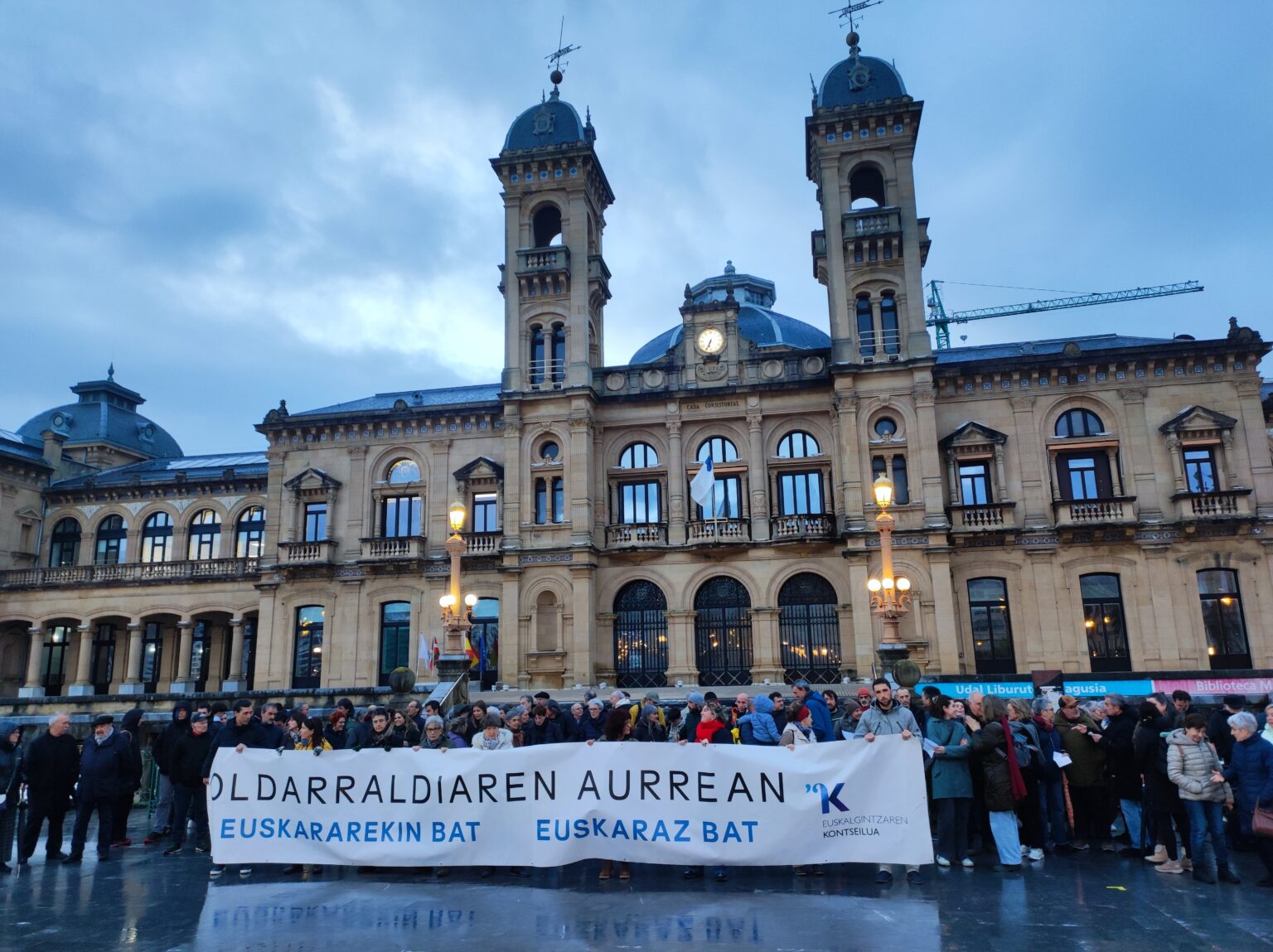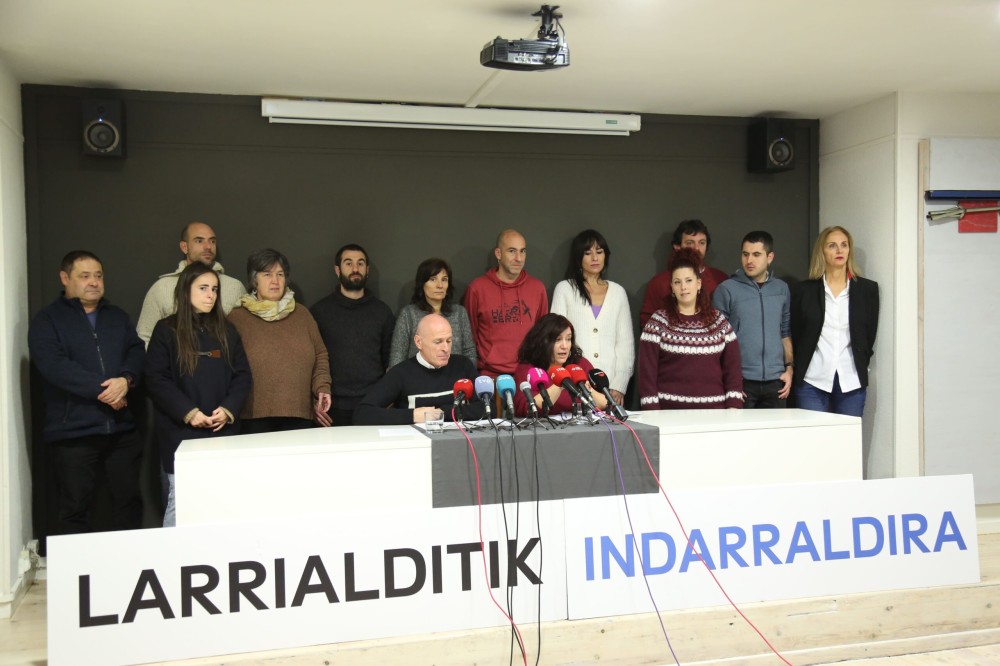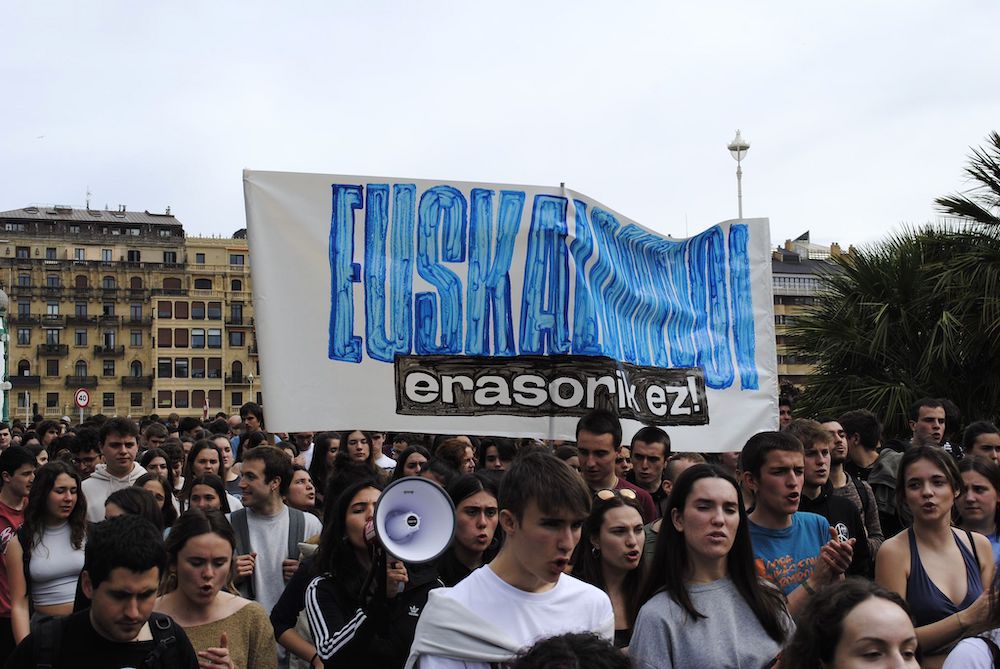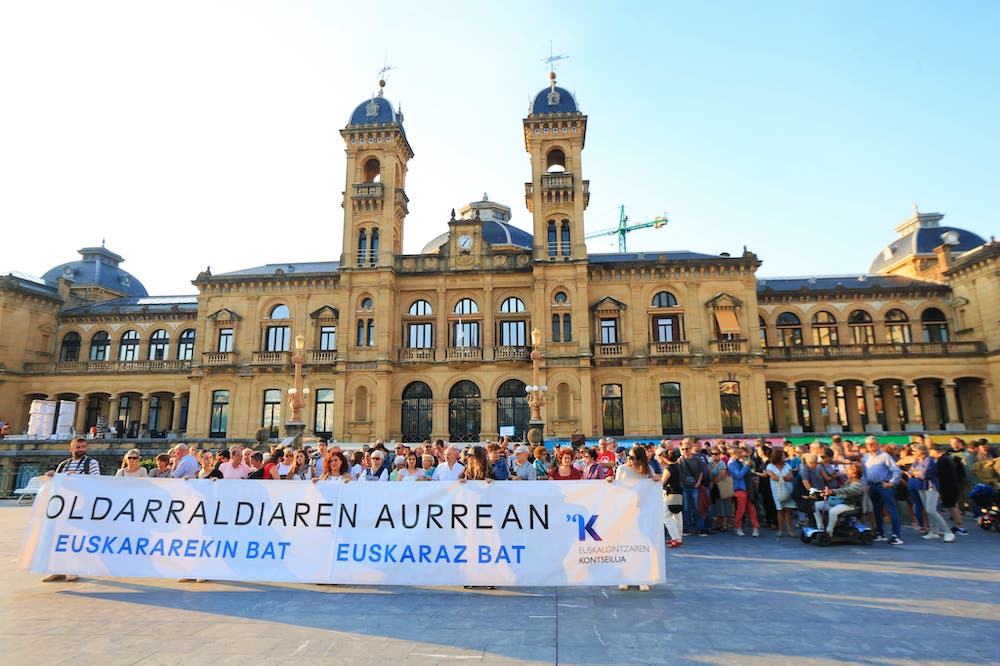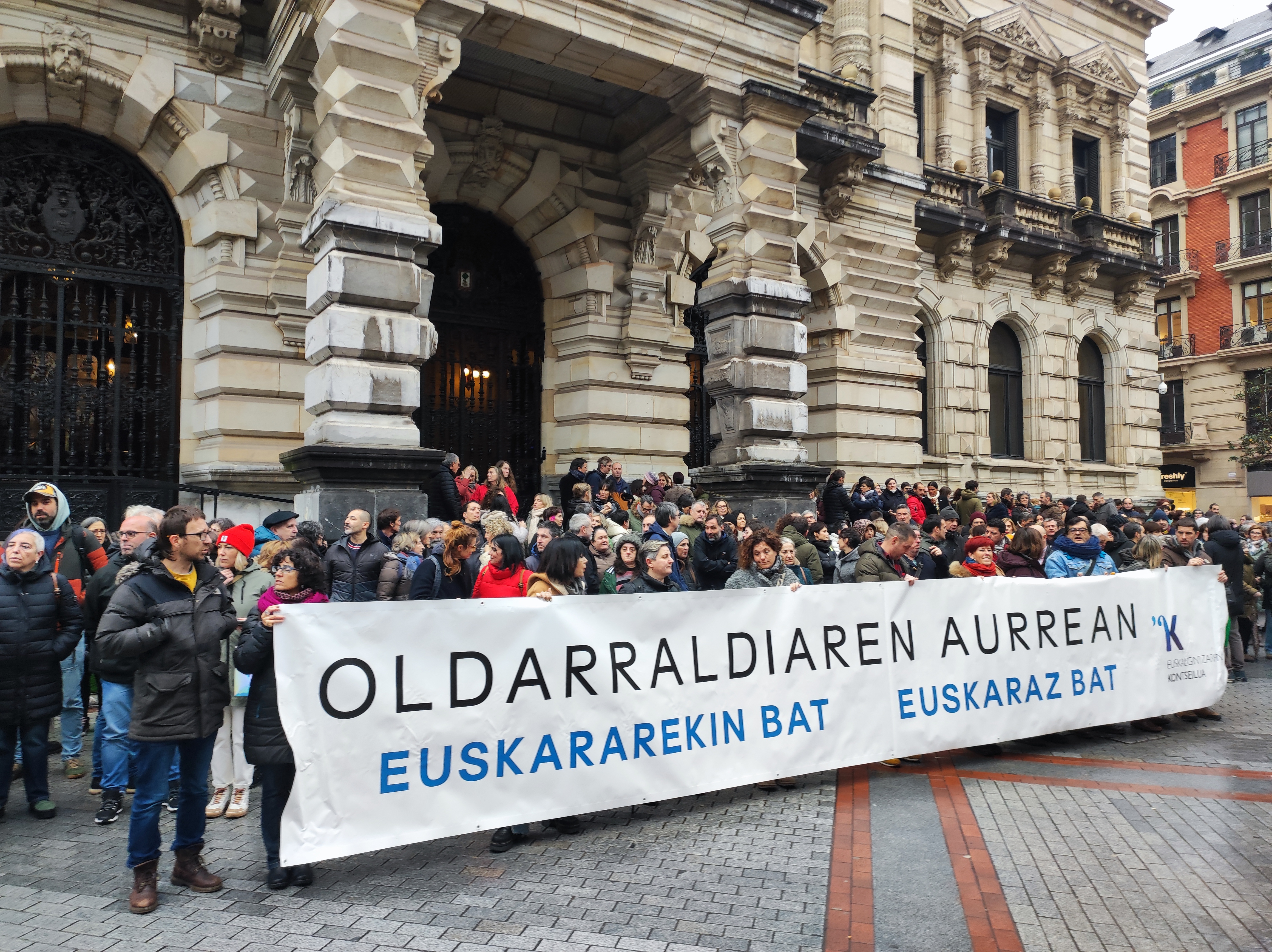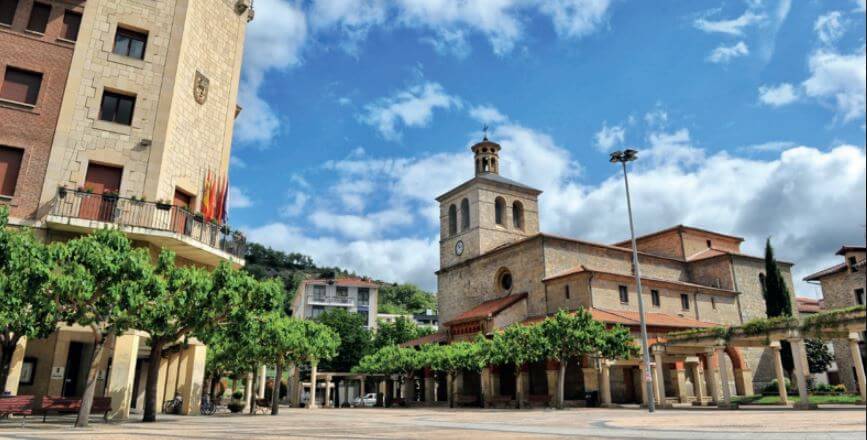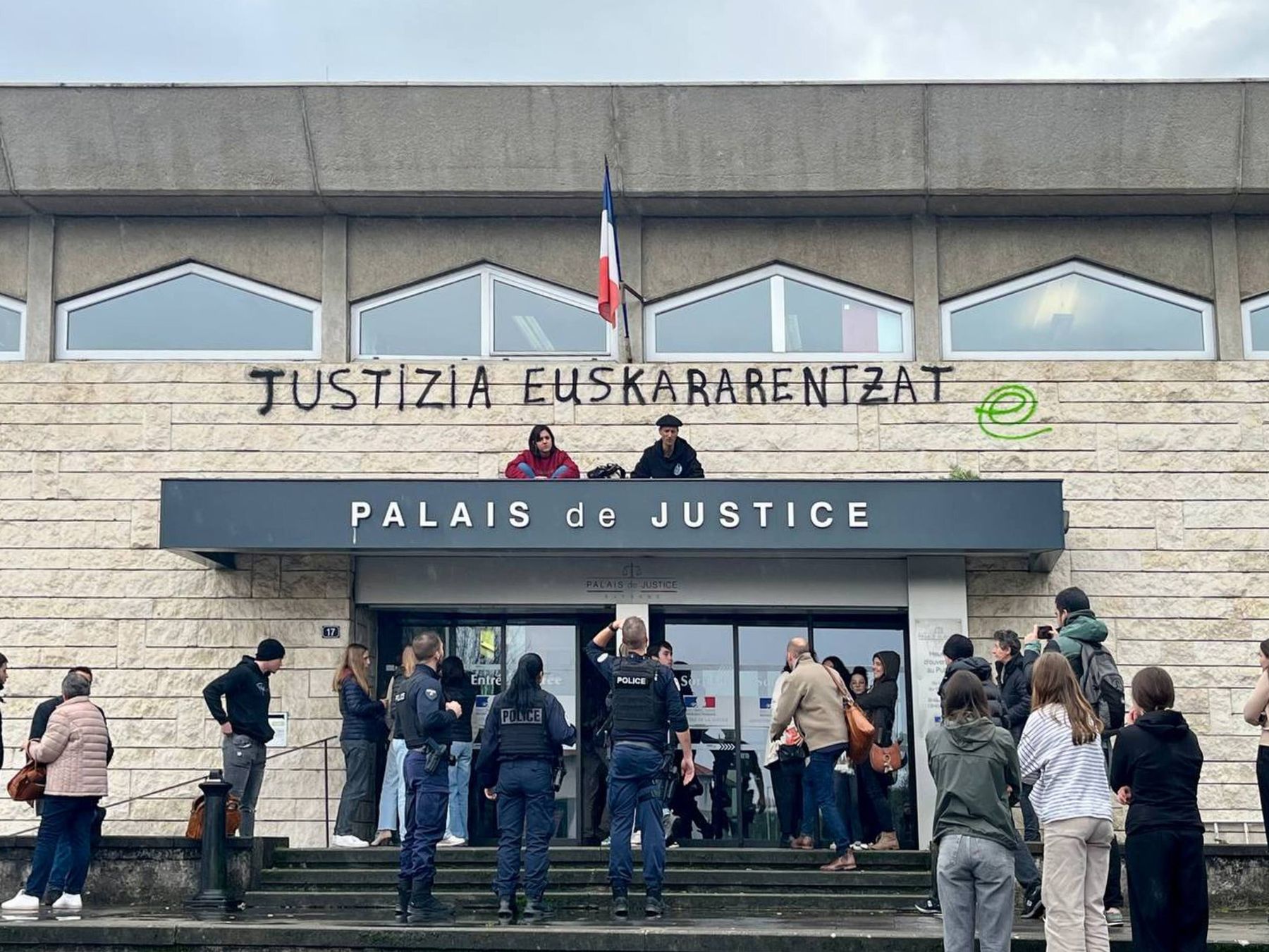The Basque municipalities will not be able to function in Basque either, as imposed by the Spanish Constitutional Court.
- This court of Madrid has decided that in the municipalities of Álava, Bizkaia and Gipuzkoa, where all agents and representatives know Basque, the functioning of the administration in Basque "violates linguistic rights". This is what it says, although the Law of Basque Municipalities states that someone does not know Basque has the right to relate to the Spanish administration. The ruling in Basque has had two particular votes against, being the most ambitious of those decided in recent months in the same direction. It will mainly affect the most Basque municipalities, which have made the decision to operate in Basque.
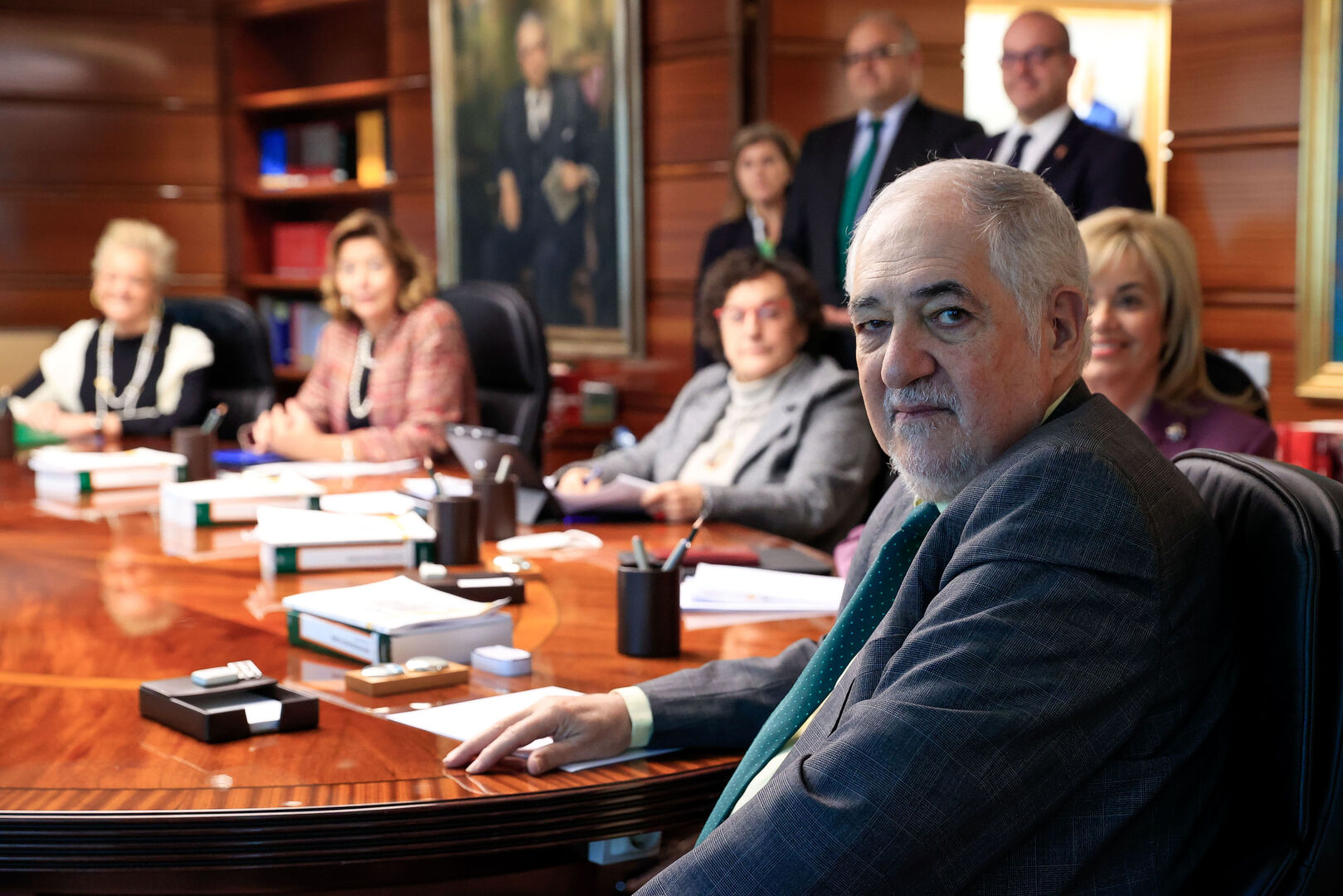
With the Municipal Law of CAPV, it was possible that in the municipalities where Euskera was the predominant language, that is, in those where the vast majority of the population knows Euskera, the administration generated in Euskera a series of documentation without translation into Spanish. Yes, always giving the right to have someone expressly ask, do so in Spanish.
It was approved in 2016 and in 2019 the Basque Government approved the decree to regulate the use of official languages in municipalities. Accordingly, in the more Euskaldunes mentioned, Euskera would be prioritized in municipal calls, agenda for meetings, motions, private votes, proposals for agreement, reports of information commissions, agreements and minutes.
With the approval of the Municipal Law, the Spanish State Attorney questioned a number of articles, including Article 6.2, which has now been repealed. However, in 2017 an agreement was reached between the Spanish Government and the Basque Government
on the interpretation of the law, and that was where the issue was closed. That is nothing.
The extreme right Vox appealed this decree and the Supreme Court of the CAV, before appealing, decided to refer the decree in full to the Spanish Constitutional Court because it had doubts as to whether it caused an imbalance between the two languages.
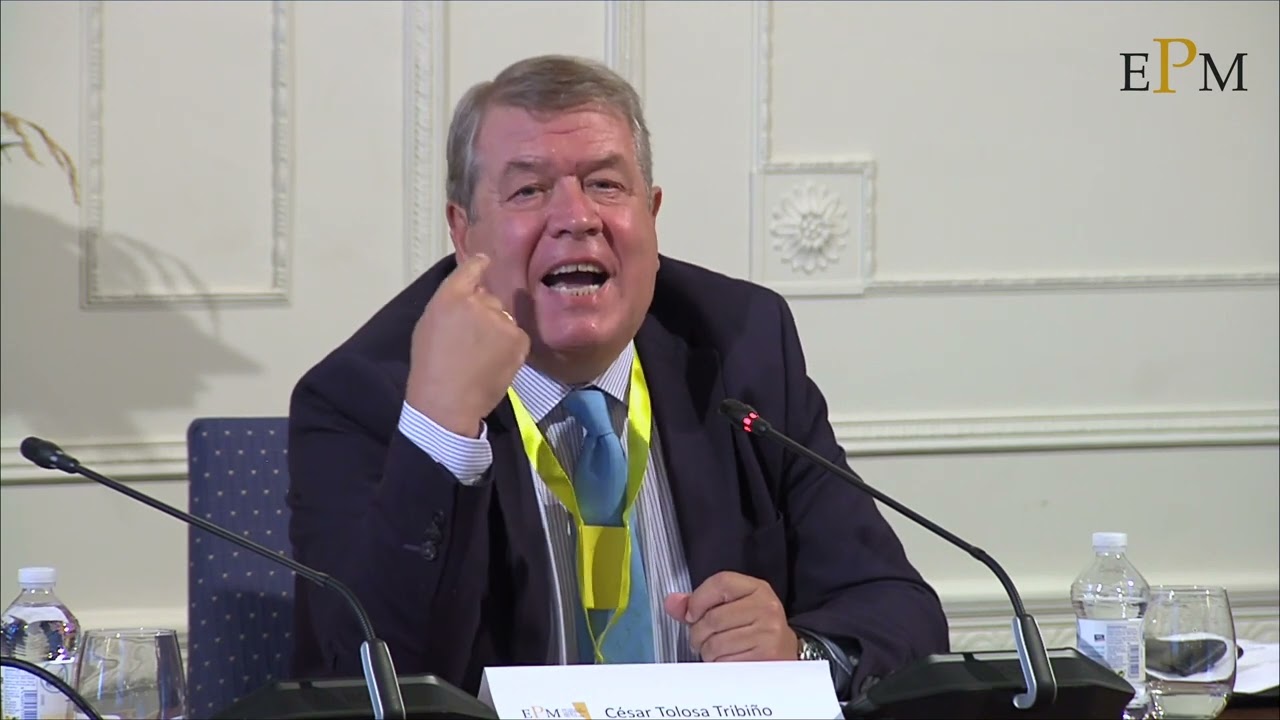
This Wednesday the Spanish Constitutional Court has approved the ruling of conservative judge Cesar Tolosa Tribiño (here sentence in Spanish), who has decided that the law approved in Araba, Bizkaia and Gipuzkoa “generates an imbalance between the two co-official languages, subverting the use of Castilian to ignorance of the Basque”. In the court presided over by Cándido Conde - Pumpid, the sentence is not unanimous. Judges Laura Díez and Ramón Sáez have submitted two particular votes, as he has gathered eldiario.es.
It is not the first time in the municipalities of Euskaldunes that sentences are issued that seek to hinder the full functioning of Basque. In 1999, for example, the Supreme Court unlawfully ruled that southern municipalities should act only in Basque.
The judgment was then published in the framework of the ordinance adopted by the City of Aizarnazabal in 1992. It stated that speaking in Basque was "discriminatory". However, according to the census, 541 out of every 544 inhabitants were Euskaldunes and only three were Castellanoparlantes. Even though these people never complained – they were sent letters in an understandable way or guaranteed the possibility of processing in Spanish – the Supreme Court also became involved in the more Basque peoples to impose Spanish.
Since then, the municipalities of UEMA have tried to find legal ways to function in Basque rather than in Spanish. However, in recent months the courts have passed numerous judgments in Basque and, among others, the Council that brings together the main cultural agents of Basque has denounced that the Basques are suffering judicial aggression. "A great blow to the normalization of the Basque country, to the rights of the Basques, to the decision of citizens and institutions, to coexistence based on equity, on the endless string of judicial aggression. On November 4 all to Bilbao! said on social networks the leader Idurre Eskisabel.
Euskal Herrian Euskarazen arabera, Tolosako tren geltokiko segurtasun agente batek eraso egin zion militante bati, agenteari euskaraz hitz egiteko eskatu ziolako. Tolosako alkateak "kezka" adierazi du eta azalpenak eskatuko dituela jakinarazi.
Euskalgintzaren Kontseiluak eta Bizkaiko Foru Aldundiko langileak elkarretaratzea egin dute langileen egonkortzearen eta euskalduntzearen alde.








